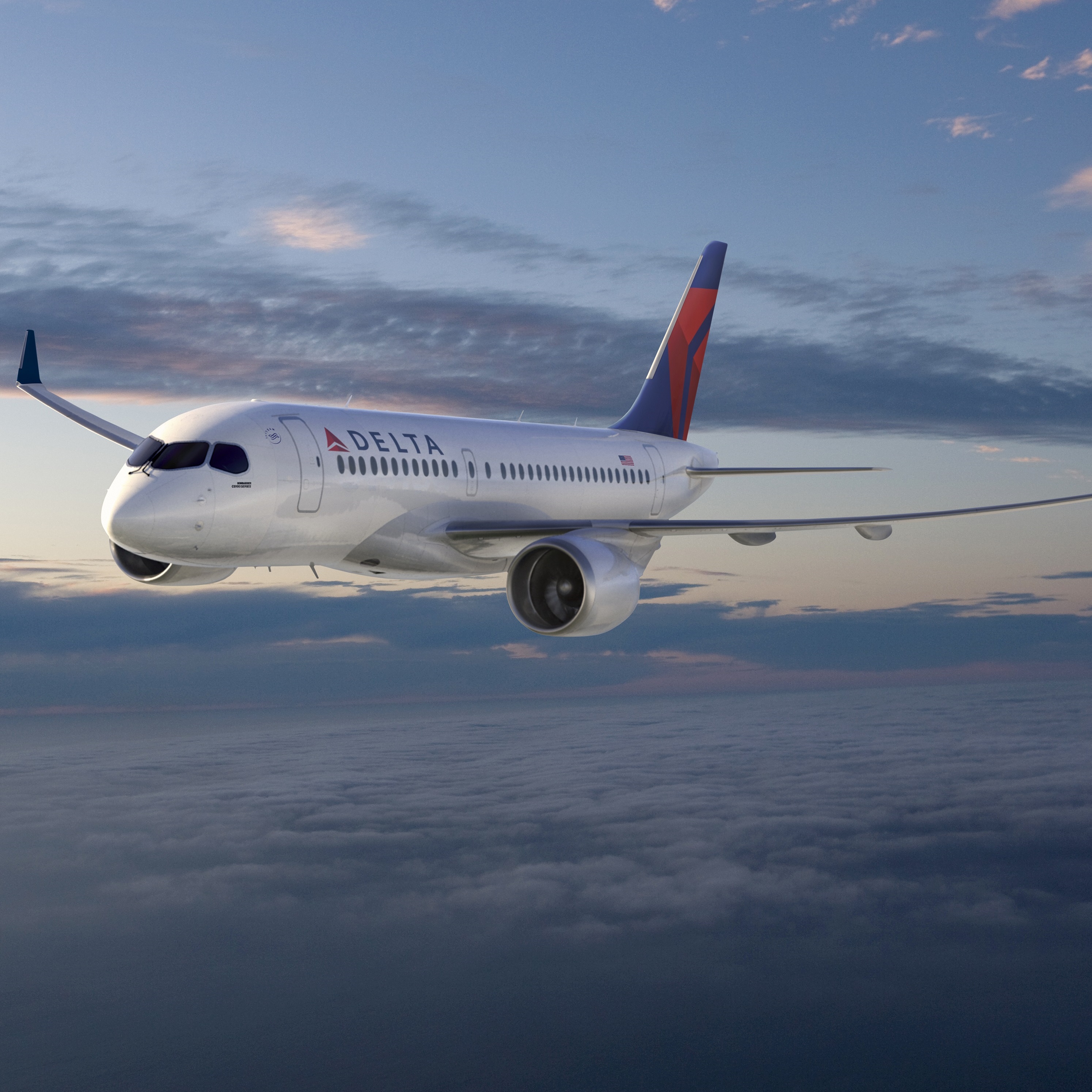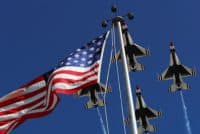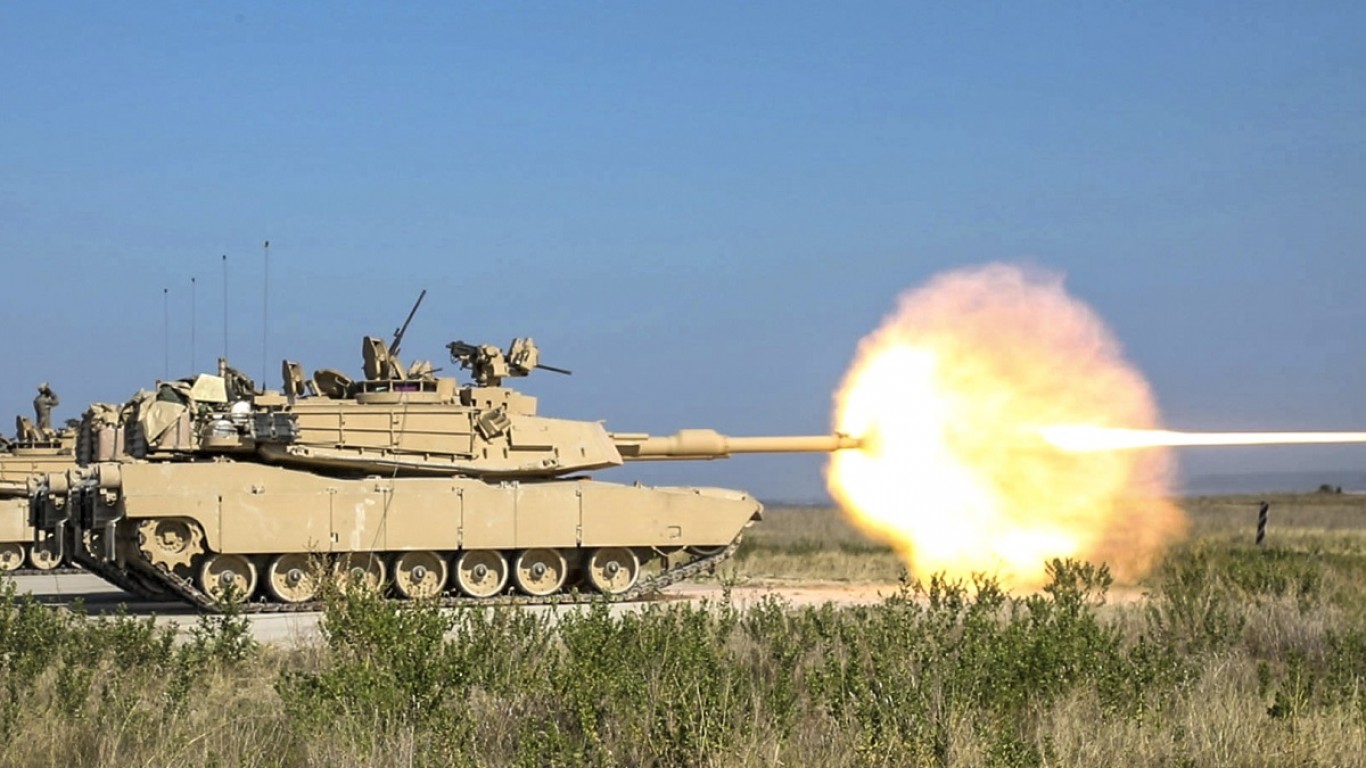
What happened to Boeing Co. (NYSE: BA) on Friday is like one of those NFL games where one team piles up yardage and time of possession only to lose the game because the other team scored on a last-minute Hail Mary. The U.S. International Trade Commission (ITC) voted unanimously that Boeing was not harmed by the sale of 75 Bombardier CS100s to Delta Air Lines in early 2017 and that tariffs amounting to nearly 300% would not be applied to any sale of the Canadian-built aircraft.
The decision was a stunner, no doubt about that. The U.S. Department of Commerce and the Office of the U.S. Trade Representative had, at every step in the proceedings, ruled in Boeing’s favor, recommending an antidumping duty of more than 212% and a countervailing duty of more than 79% on every Bombardier plane imported into the United States.
The ITC’s first announcement of the decision said only that the commission had made a “negative determination” in Boeing’s trade case. A later announcement noted that the decision had been unanimous (four to none) that “U.S. industry is not materially injured or threatened with material injury by reason of imports of 100- to 150-seat large civil aircraft from Canada that the U.S. Department of Commerce has determined are subsidized and sold at less than fair value.”
Three of the four ITC commissioners were appointed by President Obama and one by President G.W. Bush.
In a statement, Boeing said it disagreed with the ITC’s decision and that the company would review it as soon as it becomes available, expected to be around February 9. Boeing went on:
Boeing remains confident in the facts of our case and will continue to document any harm to Boeing and our extensive U.S. supply chain that results from illegal subsidies and dumped pricing. We will not stand by as Bombardier’s illegal business practices continue to harm American workers and the aerospace industry they support. Global trade only works if everyone adheres to the rules we have all agreed to. That’s a belief we will continue to defend.
What may have been determining factors in the ITC decision could have been that Delta wanted to buy aircraft that Boeing did not make. The 100-seat CS100 is smaller than Boeing’s smallest 737. Boeing’s counteroffer included used Embraer E190s and used Boeing 717s. Boeing didn’t offer its 737-700 or the 737 MAX 7 presumably because the company couldn’t deliver the planes until 2022. Delta wanted deliveries to begin this year.
Now that the ITC has ruled against Boeing, the company may file an appeal within 30 days with the Court of International Trade. Aerospace industry attorney William Perry told Leeham News that that court rarely overturns an ITC decision, so this appears to be a path to nowhere.
For procedural reasons, Boeing cannot appeal to the World Trade Organization.
For its part, Bombardier, which sold a majority stake in its CSeries project to Boeing nemesis Airbus, said that the partners intend to proceed with building a final assembly line for the planes at the Airbus plant in Mobile, Alabama.
Boeing stock closed up less than 0.1% on Friday, at $343.22 in a 52-week range of $160.82 to $352.23. The 12-month consensus price target for the stock is $346.50.
Get Ready To Retire (Sponsored)
Start by taking a quick retirement quiz from SmartAsset that will match you with up to 3 financial advisors that serve your area and beyond in 5 minutes, or less.
Each advisor has been vetted by SmartAsset and is held to a fiduciary standard to act in your best interests.
Here’s how it works:
1. Answer SmartAsset advisor match quiz
2. Review your pre-screened matches at your leisure. Check out the advisors’ profiles.
3. Speak with advisors at no cost to you. Have an introductory call on the phone or introduction in person and choose whom to work with in the future
Thank you for reading! Have some feedback for us?
Contact the 24/7 Wall St. editorial team.
 24/7 Wall St.
24/7 Wall St.



